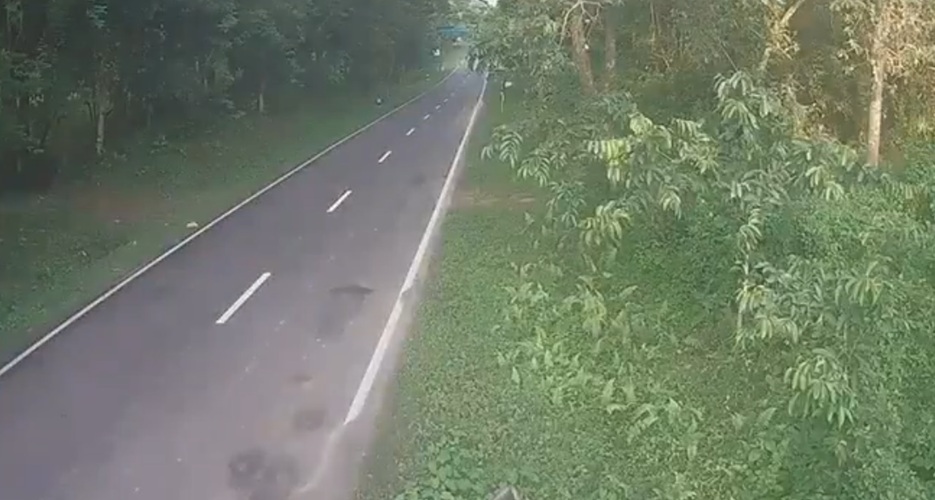Guwahati: A letter has been sent to UNESCO urging immediate intervention against a proposed 35 km elevated road project along the southern boundary of Kaziranga National Park in Assam — a globally recognised World Heritage Site and stronghold of the one-horned rhinoceros.
The letter, addressed to UNESCO Director-General Khaled El-Enany, warns that prolonged construction work and heavy infrastructure activity could severely disrupt wildlife movement through the park’s natural corridors.
The elevated route has been suggested as a solution to traffic congestion and animal road deaths during monsoon floods, but critics argue the project itself may cause greater harm than it seeks to prevent.
Kaziranga is one of the richest wildlife landscapes in South Asia, home to more than 300 bird species and about 35 major mammal species, including India’s largest population of one-horned rhinos.
Conservationists fear that noise, vibration and increased human presence during construction could disturb breeding cycles and fragment habitats.
The letter also flags another proposed change — the realignment of National Highway 715 near the Burhapahar Range — which falls within a crucial buffer zone linking the Karbi Anglong hills to the Brahmaputra floodplains.
These natural passages are considered essential escape routes for animals when the park floods.
The appeal calls for UNESCO to send a monitoring team to assess the ecological risks, and to engage with the Centre and the Assam government to suspend work until proper evaluation is completed.
The signatory asserts that the projects violate conservation obligations under the World Heritage Convention and threaten the Outstanding Universal Value for which Kaziranga earned its global status.
Environmentalists have long maintained that safeguarding these animal corridors is vital to the park’s long-term survival.
The letter stresses that any irreversible damage to Kaziranga would not only be a national loss but a setback to global conservation efforts.















